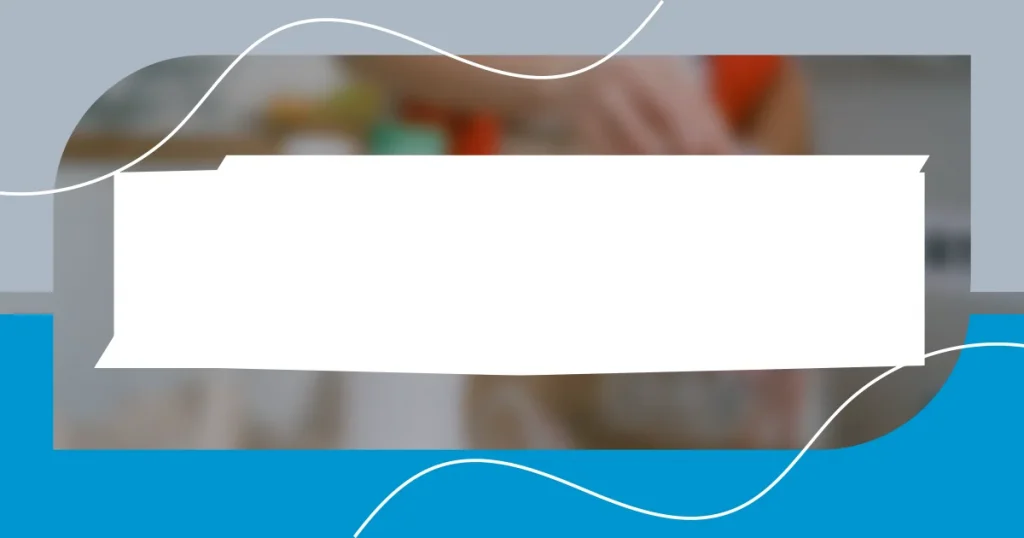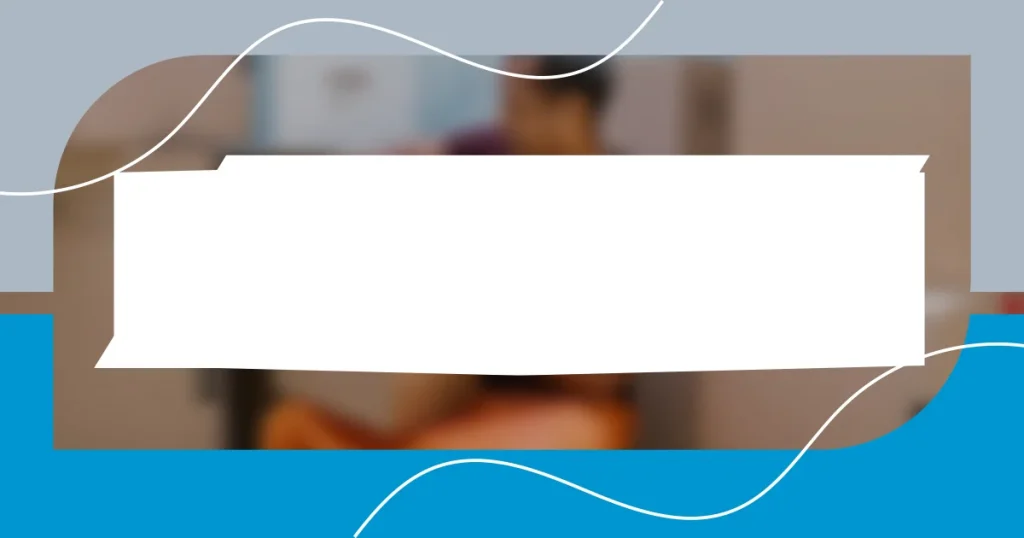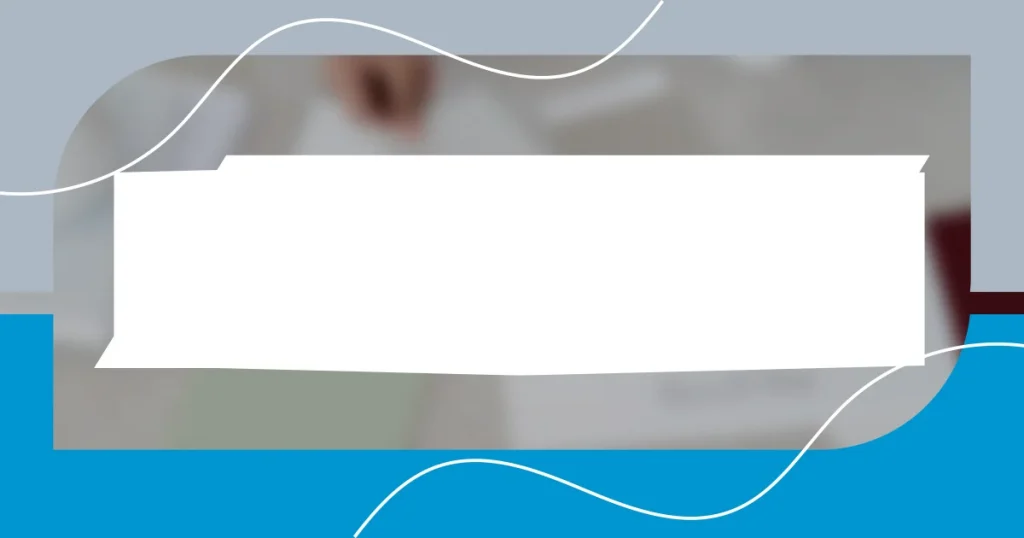Key takeaways:
- Mindful consumption and asking “Do I really need this?” before purchases significantly reduce waste and create a more intentional living space.
- Tracking waste sources through inventory and habits reveals patterns that inspire sustainable changes, like opting for bulk goods and preparing home-cooked meals.
- Community engagement and sharing experiences in local groups and online platforms enhance motivation and foster creativity in waste reduction efforts.
Understanding waste reduction strategies
One of the most effective strategies I’ve discovered for reducing waste is the practice of mindful consumption. Initially, I found it hard to change my shopping habits, but when I started asking myself, “Do I really need this?” before every purchase, it became easier to resist unnecessary items. This shift not only lessened my waste but also transformed my space into a more peaceful and intentional environment.
I also embraced the idea of repairing instead of discarding. I’ll never forget the satisfaction I felt when I mended a favorite pair of jeans instead of throwing them away. It sparked joy and a sense of accomplishment that came from giving something a second life. Have you ever felt that rush of pride from salvaging something that seemed beyond repair?
Transitioning from single-use items to durable alternatives is another game-changer. I used to rely heavily on disposable products until I switched to reusable bags and containers. Each time I use my vibrant cloth bags, it reminds me of my commitment and motivates me to maintain this sustainable choice. Isn’t it fulfilling to think that our small actions can lead to a significant impact?
Identifying personal waste sources
Identifying the sources of personal waste starts with a simple, honest inventory of what we use daily. I took a few moments to observe my routines and was surprised by how many items I tossed without a second thought. One day, while cleaning out my kitchen, I noted the stack of plastic containers, many of which I hadn’t used in months. It really hit me—how many of these could I have repurposed or recycled instead?
When I took this reflective approach further, I began to notice patterns in my habits. For instance, I realized a lot of waste stemmed from takeout meals. It’s convenient, but I started tracking the number of containers that piled up after each meal. This small act of counting not only highlighted the waste but also inspired me to prepare more home-cooked meals. Isn’t it eye-opening how awareness can inspire change in our daily choices?
Additionally, evaluating my shopping behavior revealed the sheer volume of packaging waste I contributed. I began to feel guilty when I thought of those shiny boxes and unnecessary plastic coverings that often came with my online orders. Now, I always opt for bulk goods or purchase items with minimal packaging. This simple shift has made a significant difference in my life, both in reducing waste and in fostering a sense of responsibility towards the environment.
| Waste Source | Example |
|---|---|
| Kitchen Waste | Plastic containers from takeout |
| Shopping Habits | Excessive packaging from online shopping |
| Disposable Items | Single-use utensils and plates |
Practical tips for reducing waste
Finding practical ways to reduce waste has become a rewarding journey for me. One simple trick that has changed the game is meal planning. When I take the time to plan my meals for the week, I not only stay organized, but I also minimize food waste. The satisfaction I feel when I use every item in my fridge is incredible; it makes cooking feel purposeful and fulfilling.
- Embrace meal prepping to use up ingredients before they spoil.
- Opt for products with minimal or no packaging, like bulk bins at your grocery store.
- Keep a compost bin for organic waste; it transforms scraps into nutrient-rich soil.
- Host a clothing swap with friends instead of buying new items.
- Carry a reusable water bottle to avoid plastic bottles while on the go.
Another tip that deserves highlighting is the impact of digital changes. I’ve switched to digital subscriptions for magazines and bills, which not only cuts down paper waste but also keeps my mailbox clutter-free. It’s astonishing how quick and easy adopting these changes felt. Each small adjustment made me realize how effortlessly we can integrate sustainability into our daily lives without sacrificing convenience.
Tools for tracking waste reduction
Tracking waste reduction effectively has become a crucial part of my journey towards sustainability. I discovered an app called “Waste Tracker” that allows me to log the items I throw away and categorize them. Each time I enter an item, I can almost hear my conscience nudging me, reminding me of the impact my waste has on the planet. Seeing the numbers accumulate has sparked a personal challenge—I find myself striving to reduce that tally week by week.
Another tool I’ve relied on is a simple spreadsheet to monitor my monthly waste habits. One day, I compared my waste generation before and after I began tracking, and the difference left me amazed! It’s not just data; it’s a reflection of my journey. I can see my progress visually, and that motivates me to keep pushing for more reductions. Have you ever tried visualizing your habits? It can really change your perspective.
Additionally, I’ve found community support through various online platforms. Joining forums dedicated to waste reduction has been an eye-opener. Sharing success stories and tips with others who embark on the same journey has provided encouragement and a wealth of knowledge. I once shared a breakthrough moment when I managed to reduce my waste by half in a month, and the response was overwhelming. It’s comforting to know I’m not alone in this endeavor and that we can learn from each other’s experiences.
Community resources for sharing ideas
One of the best resources I’ve come across in my waste reduction journey is connecting with local community groups. Just last month, I attended a neighborhood meeting where we brainstormed ideas on how to reduce waste in our area. It was enlightening! Hearing others share what has worked for them was not only inspiring, but it also built a sense of camaraderie. Have you ever participated in such gatherings? It can really spark creativity and provide fresh perspectives.
Online platforms, such as Facebook groups, have also been incredibly useful. I joined a group dedicated to sustainable living, and it’s amazing how many people are willing to share their tips and experiences. One member suggested a “repair café” where community members can gather to fix broken items instead of tossing them. I was skeptical at first, but when I tried it out, I felt a sense of empowerment—almost like being part of a movement. Sharing ideas digitally opens up a world of possibilities; what’s stopping you from seeking out similar communities?
I also discovered the value of hosting informal “idea-sharing” sessions with friends. A few weeks ago, I invited a couple of friends over for coffee and asked everyone to bring one waste-reducing tip. The conversation flowed naturally, and we ended up sharing everything from DIY cleaning solutions to upcycling projects. The laughter, along with the wealth of knowledge exchanged, made it a memorable experience. Isn’t it fascinating how a simple gathering can turn into a treasure trove of ideas?
Celebrating progress in waste reduction
Celebrating progress in waste reduction is something I’ve grown more passionate about with each small victory I achieve. Recently, I found myself in a moment of reflection while preparing a meal with my family. As we gathered scraps to compost, I couldn’t help but smile at how far we’ve come. It felt incredible to see the compost bin nearly overflowing—evidence of our commitment to minimizing food waste. Have you ever taken a moment to acknowledge your progress? Celebrating those wins can ignite motivation and propel us further on our sustainability journeys.
One instance that brings me immense joy is the day I realized our family had cut back on plastic bag usage by 80%. It was a conscious effort, starting with bringing reusable bags to the grocery store. I remember feeling a wave of pride wash over me when we unpacked our groceries, and there was nothing but our sturdy, colorful cloth bags left. This change not only made me feel good about my choices but also sparked conversations with friends about making similar shifts. It’s powerful to share those moments—don’t you think? When we share, we create ripples that encourage others to reflect on their own impact.
Looking back, I see that every small step taken toward waste reduction deserves recognition. Whether it’s choosing to buy in bulk, refusing single-use plastic, or simply learning to repair items instead of discarding them, these efforts add up. Recently, I celebrated a milestone of going a whole month without producing any non-recyclable waste! This wasn’t just about the numbers; it felt like a personal achievement that required dedication and intention. What milestones have you reached in your journey? Acknowledging our progress keeps the fire alive and inspires continued commitment.











